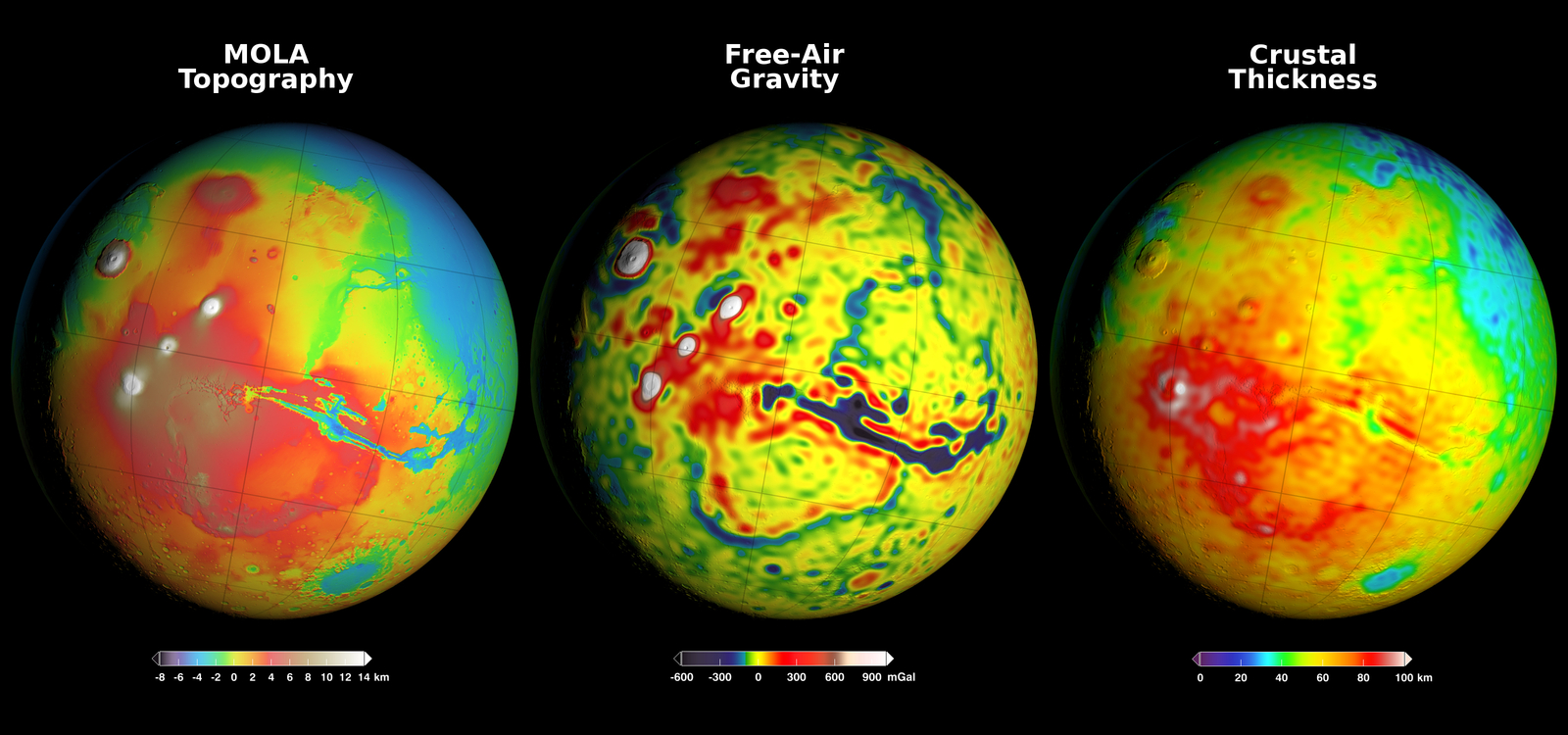

Data and materials availability: Raw gravimetry and environmental monitoring data are provided in data S1. Competing interests: The authors declare that they have no competing interests. assisted in interpretation of thermophysical data and provided support for collecting these data and all authors contributed to the manuscript.

contributed seismic modeling results A.R.V. provided mineralogical data from the CheMin instrument N.S. provided support in obtaining and interpreting the raw data S.M. developed the data calibration and wrote the manuscript S.P. Funding: Supported by the MSL Participating Scientist Program (JPL subcontract 1548315) (K.W.L.), the Mars Fundamental Research Program (NNX14AQ92G) (N.S.), and NASA Earth and Space Science Fellowship award 18-PLANET18R-0036 (T.G.). We are grateful for the continued efforts of the MSL Science and Engineering teams, without whom these data could not have been collected. : This YouTube video does a good job explaining the health effects of zero-g (which could parallel the affects of low gravity).We thank three anonymous reviewers for their careful and constructive reviews. Also, it is possible that these issues would show up in a more minor form in a low gravity area.
#Gravity on mars how to
Overall, likely development would be fine on Mars, but it needs to be considered how to safely get there. There is also an issue that This is, again, more of an issue in micro-gravity, but it should still be considered. The enzyme that causes the sperm too stop when it attaches to the egg doesn't work very well in space. The sperm and egg combining in space is also an issue. If cells couldn't do this properly, then babies could form. When a baby forms, its cells differentiate often. The biggest problem about low gravity and development is reproduction. So these likely would only be an issue during the ride too Mars, and the vehicle transporting the people could have artificial gravity. However these effects have only be observed in micro gravity or no gravity. Immune cells are also affected, so the entire immune system would be effected. There are speculations that gravity actually helps bone cells know where to attach. Bone cells have trouble attaching to the bones without gravity. The most immediately critical effect of this is bone cells. In other words, for a less complicated cell to turn into a more complicated cell. Gravity is important for cell differentiation. Researchers at Beth Israel Deaconess Medical Center have demonstrated that resveratrola naturally occurring ingredient in grapes and blueberriescan preserve muscle function and mitigate muscle atrophy under conditions that mimic the gravity on Mars, which is about 40 percent as strong as that experienced on Earth.

Our heart would also get weaker, but it would probably not affect us to much because it would not need to be as strong. This would be a big deal unless we planned to return to Earth, in which case we might not be able to support ourselves. If we moved to Mars, our muscles would adapt Mars gravity, so they would weaken. Without the constant fighting of high gravity, our muscles would weaken. Large people would be less heavy and probably more agile. If our bones didn't get smaller, then we would more easily be able to support bigger weights. That means our bones would likely get smaller. Lighter gravity means less force on us pushing us down. So people would probably be half an inch to an inch taller on mars. This would also happen on Mars, because gravity is less strong. When gravity is no longer affecting you, your spine expands again (the spine expands because it absorbs moisture from your blood). This is because the effects of gravity compress your spine on Earth. SizeĪstronauts grow about two inches during their time in space. For mammals, things like height are mostly controlled by DNA.


 0 kommentar(er)
0 kommentar(er)
